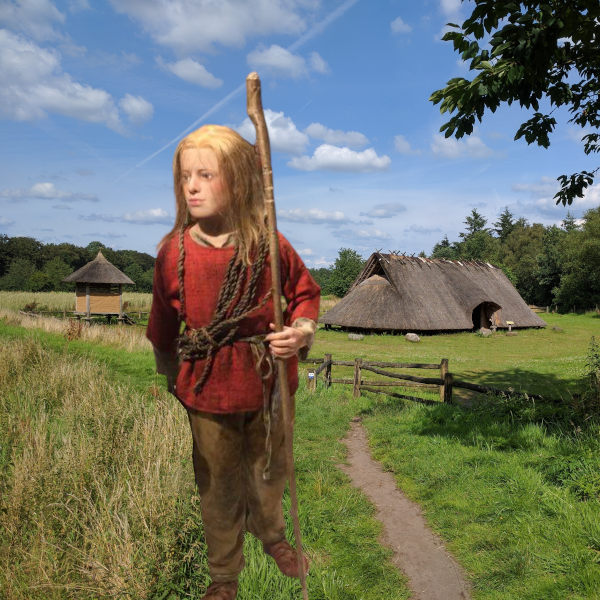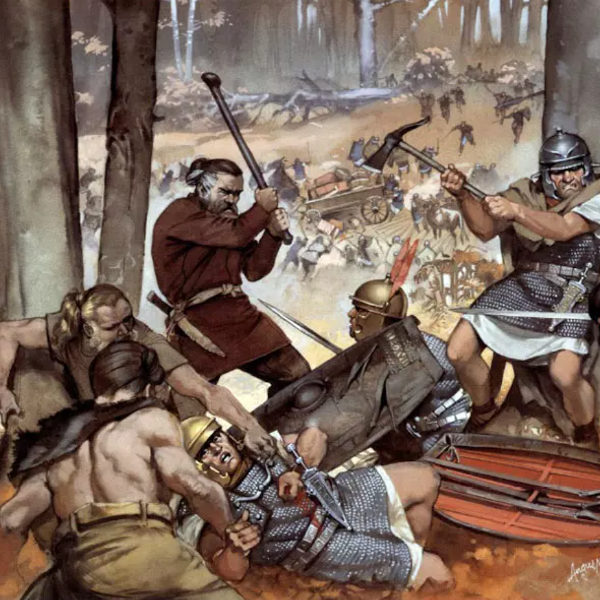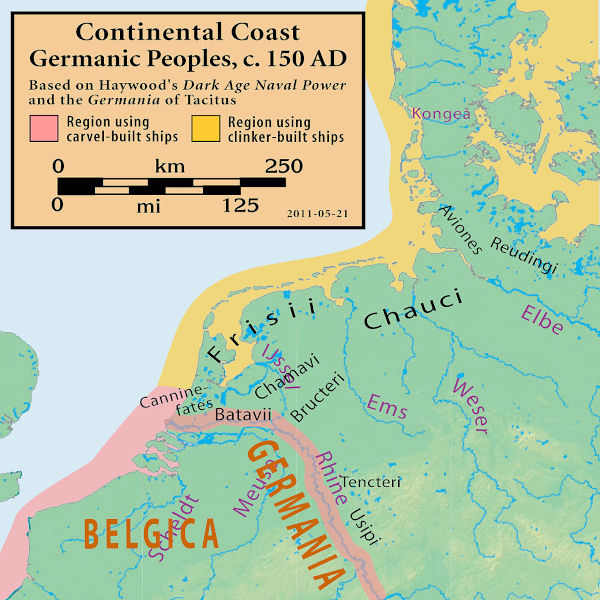DNA spotlight
Aak the Iron Age Boy

The skeleton of a 9 year old boy from Iron Age Holland was discovered near a burial mound in the town of Uitgeest. He is nicknamed Aak which means made of iron. He is esimated to have lived around 200 BC during the Late Iron Age when most people in this part of Ancient Frisia were farmers. Not much is known about Aak other than he lived during a turbulent time when the Roman Empire was sweeping into Celtic and Germanic lands. Ancient Frisia was a coastal area of low lands and small islands located on the path between the Romans and Germania.

In 28 AD there was a firece battle fought where the Frisii (ancient Frisians) defeated a Roman army led by general Lucius Apronius. The Frisians had experienced enough of having their land confiscated, wives and children forced into bondage and herds decimated. The Frisii proceeded to hang the tax collectors and besiege a key Roman fort. The Roman general dispatched an army to break the siege but was forced into a pitched battle in the Baduhenna Wood. The Frisii victory went noticed by nearby Germanic tribes including the Chauci which invigorated their resistance.

The famous Roman historian Publius Cornelius Tacitus records in his annals how these woods were aptly named after Baduhenna, an ancient Frisian goddess of war. Unfortunately the Romans eventually subjugated the Frisii. Emperor Constantius Chlorus forced the ancient Frisii to resettle within the Roman Empire and this is the last mention of them on historical record. Any Frisii left in Frisia fell victim to floods, civil strife and piracy. However, not only their genetic legacy lives on but also the Old Frisian language is more closely related to Old English than Old Saxon from Germanic lands.
Not far from where Aak was found, once can visit a recreated late Iron Age farm in Wekeromse Zand. Not only can one be introduced to prehistoric farm life, but there is also a complex of fields nearby called the Celtic Fields. This is where primitive grains such as bucket wheat and spelt used to be cultivated. Aaks face was reconstructed carefully by experts from the Hildes House museum based on the actual remains and the latest technology. They offer 8 individuals on display from the Iron Age to Medieval times reconstructed in the same way.
Late Iron Age Frisian Boy Aak Uitgeest-Dorregeest Holland
- Sample ID: I12907
- Year: 200 BC
- Sex: Male
- Location: 52.529,4.709
